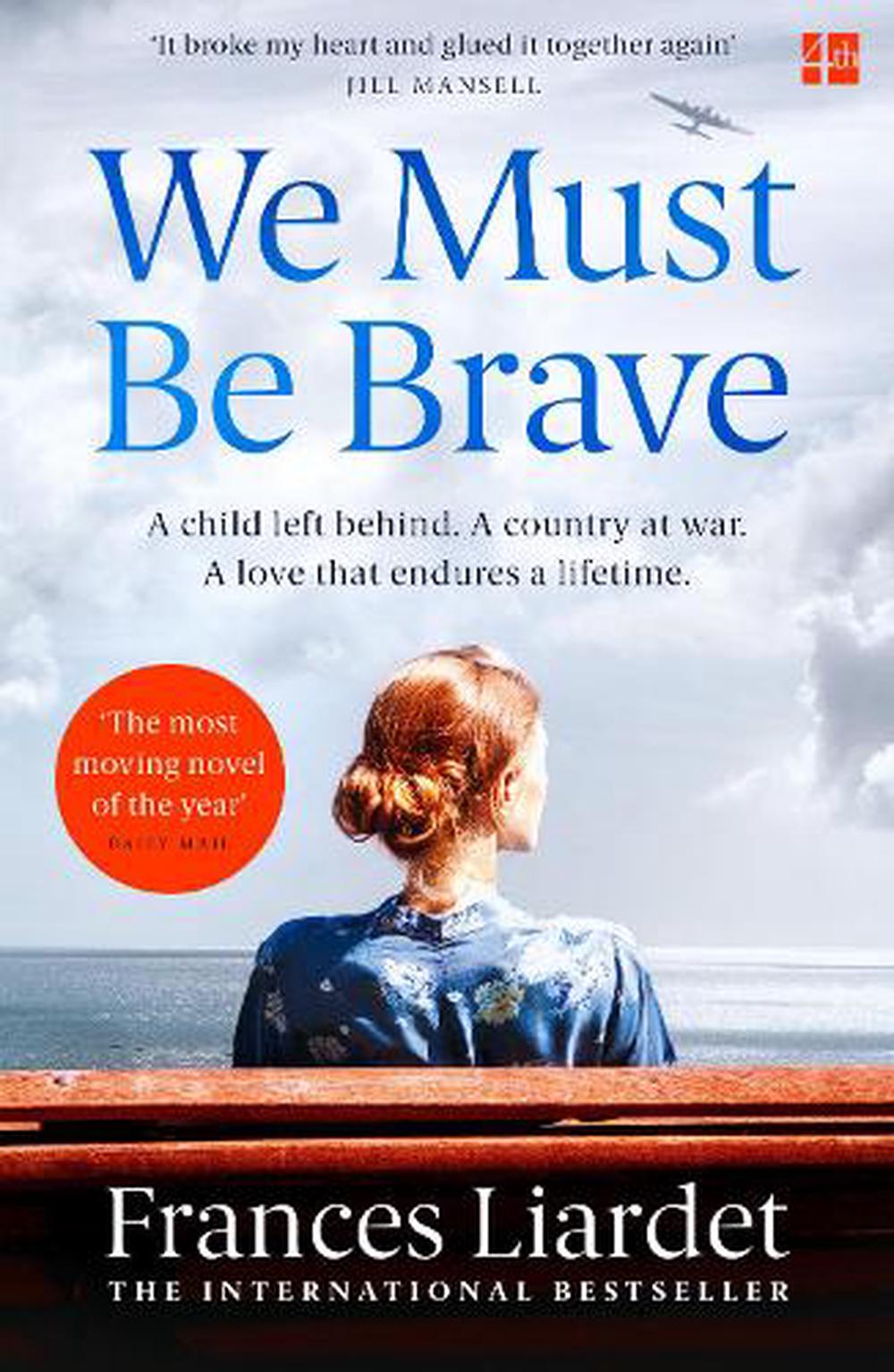

Several sections weave back and forth between 19, a potentially risky format that, in this case, serves the story well. Years after Pamela’s departure, another little girl lays claim to Ellen’s heart, providing yet another opportunity for love and perseverance. As time passes, everything changes, as it must, but there are several surprises along the way. The redoubtable Lucy, her best friend from youth, buoys her spirit throughout these travails. Ellen runs the mill, performs charitable acts for her friends and neighbors, and is as firmly rooted in village life as the parish church. Ellen felt alone and untethered until Selwyn came into her life.īut the most debilitating losses are the more recent ones - Pamela, followed in a few years by Selwyn. Ellen struggled to contribute to the household as her mother’s health and spirit deteriorating daily until she could no longer bear up, eventually dying miserably of cancer. Her beloved teenage brother, Edward, soon left to join the merchant marines when it became clear that his mother could no longer provide for her two children. Her father shot himself, shamed by the financial ruin that left his family in dire straits. A cossetted child from a well-to-do family, she began to notice how often things went missing: First, her father, then her beautiful rocking horse, closely followed by her governess. Pamela and Ellen exchange letters for a while before Pamela’s guardians put a stop to it, claiming that continued contact is too disruptive.įor Ellen, having grown up under the pall of loss, this heartbreak is not an altogether new experience. Toward the end of the war, Pamela’s father, divorced from her feckless mother, discovers his child’s whereabouts and takes her to live with his sister in Ireland. She revels in her scent: “She smelled warm, salty, of new-baked bread.” The childless Ellen develops a fierce maternal love for this small girl, who becomes a source of great joy. Pamela had been sent outside to hold a place in the bus queue while the adults quarreled inside.Įllen and her husband, Selwyn, take Pamela to live with them at the mill they already have charge of three boys evacuated from London some time earlier.

As it turns out, Pamela’s mother was killed along with her lover when their Southampton hotel was leveled by a direct hit. No one knows who the girl is, but she tells them her name is Pamela. After Ellen has seen the last woman off the final bus, she finds a little girl abandoned on the back seat, fast asleep. Ellen, wife of the local miller, is assisting those bused to safe haven in Upton’s village hall, all of whom must be housed for the night and offered numerous restorative cups of tea. We Must Be Brave opens in 1940 during a devastating bombing raid on Southampton, a port in the south of England.


 0 kommentar(er)
0 kommentar(er)
